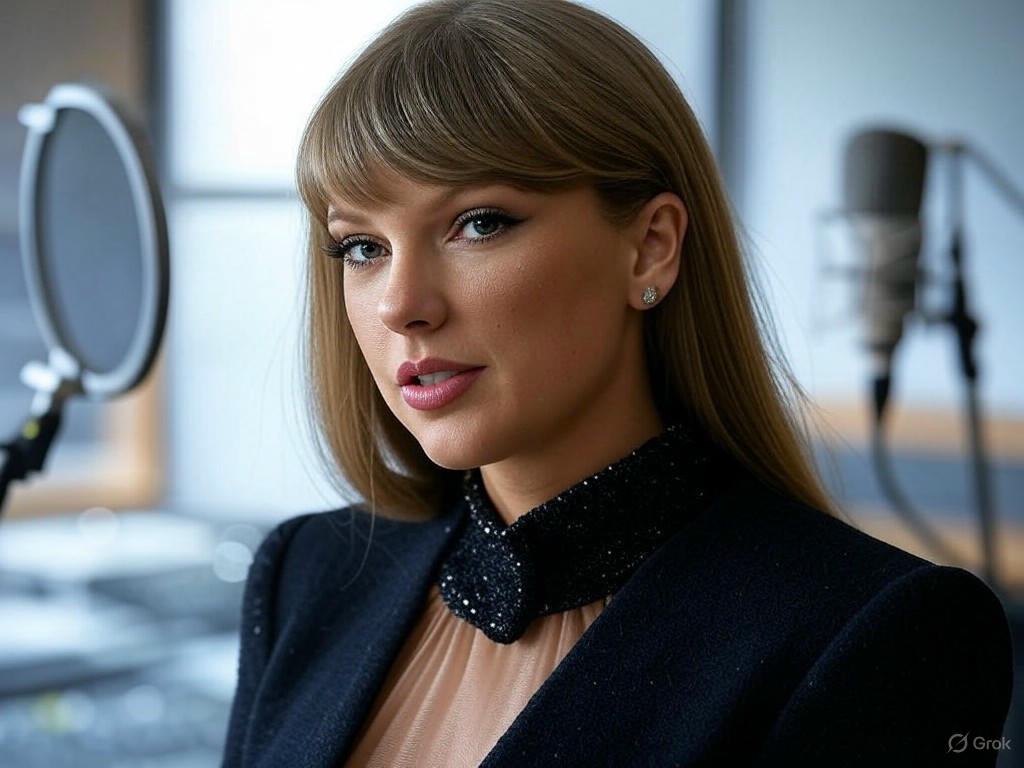Taylor Swift’s Dual Album Ownership: A Golden Opportunity for Innovation
Taylor Swift has achieved a rare feat in the music industry by securing ownership of both her original recordings from her early career and the re-recorded versions of those same albums. This unique position, encompassing four iconic albums, places her in an enviable spot to redefine how artists can leverage their catalogs for maximum impact and revenue. With full control over these works, Swift is not just a creative powerhouse but also a savvy businesswoman poised to explore uncharted territory in music monetization.
The journey to this point has been a public saga of determination and strategy. Swift’s decision to re-record her early albums was a bold move to reclaim her artistic legacy after losing the rights to her original masters in a highly publicized dispute. Now, with both the original Big Machine releases and her meticulously crafted re-recordings under her belt, she holds a dual catalog that offers endless possibilities. Industry insiders are buzzing with ideas on how she might capitalize on this unprecedented situation. Some suggest exclusive releases or deluxe editions that combine tracks from both versions, offering fans a nostalgic yet fresh listening experience. Others point to the potential of licensing these songs for movies, commercials, or streaming platforms, where the distinction between original and re-recorded versions could cater to different demographics or evoke specific emotions.
Beyond traditional revenue streams, Swift could also tap into the growing trend of immersive fan experiences. Imagine virtual concerts where she performs songs from both catalogs, allowing fans to choose their preferred version in real-time, or limited-edition vinyl sets that pair original and re-recorded tracks side by side. Such innovations would not only drive sales but also deepen her connection with her loyal fanbase, the Swifties, who have supported her through every chapter of her career. Additionally, her ownership opens doors for strategic partnerships with brands or tech companies looking to align with her influential persona, potentially leading to exclusive content drops or interactive apps centered around her music.
There’s also a broader impact to consider. Swift’s situation could set a precedent for other artists fighting for control over their work. Her success in navigating this complex landscape might inspire a new wave of musicians to prioritize ownership and explore creative ways to monetize their art. As she experiments with her dual catalog, Swift is not just shaping her own future but also paving the way for industry-wide change. Whether through groundbreaking releases, innovative fan engagement, or advocacy for artists’ rights, her next moves are sure to captivate the world. With Taylor Swift at the helm, this dual ownership isn’t just a business opportunity—it’s a cultural moment waiting to unfold, proving once again that she’s not just a pop star, but a visionary.


